‘The first demands for same-sex marriage were addressed to the churches’
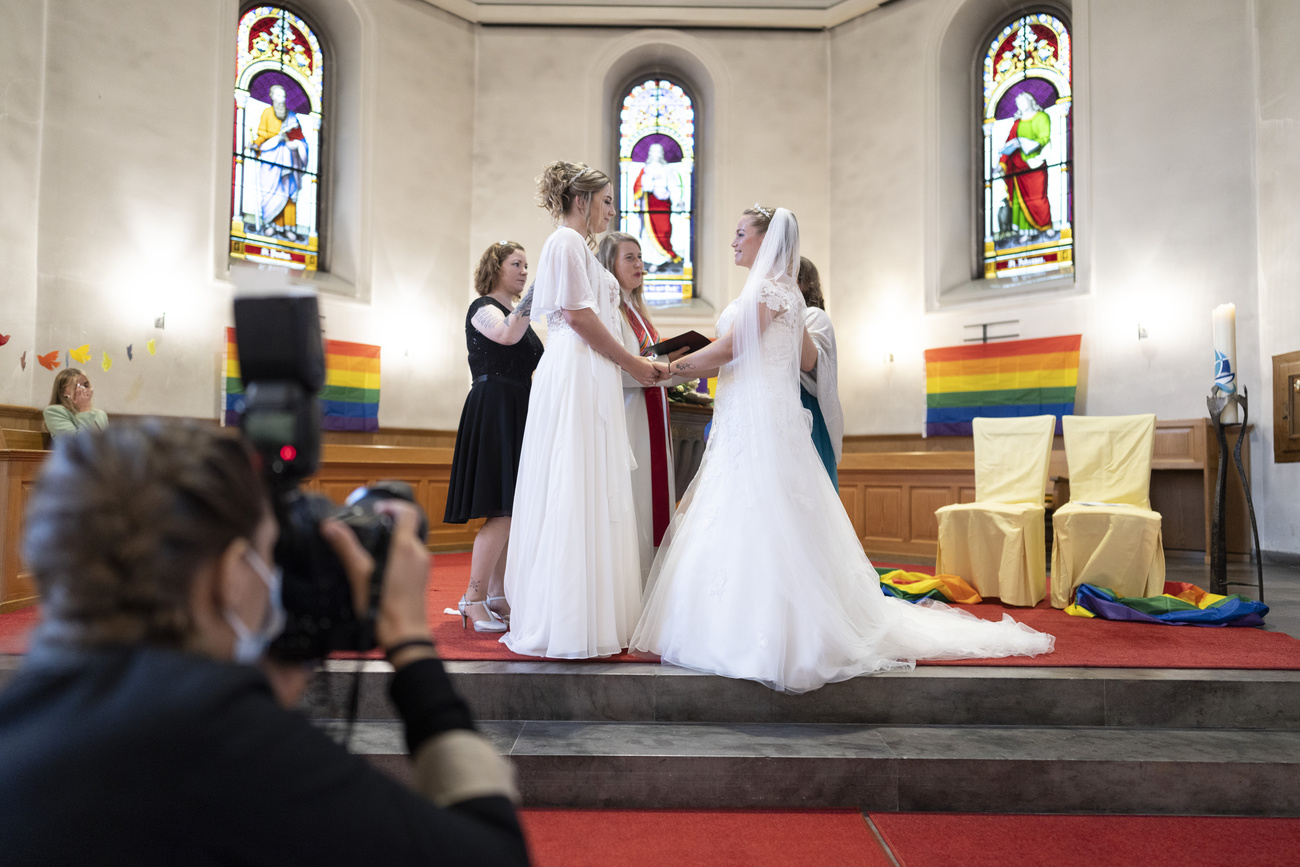
Gay rights activists have been demanding the right to marry in Switzerland for more than 40 years. And while their demands clash with ultraconservative Christian circles, in fact it was the different churches that were once more open to the cause than politicians, notes historian Thierry Delessert.
For Swiss gay rights activists, a yes vote to a legal reform about same-sex marriage on September 26 will be the culmination of a long combat.
The beginning of their fight dates to the 1960s and 1970s, University of Lausanne historian and researcher Thierry Delessert reveals in his book, Sortons du ghetto (Let’s leave the Ghetto). At the time, gay rights activists approached the churches to perform gay marriages; a demand which opened the door to religious blessings of gay unions and to equal civil rights.
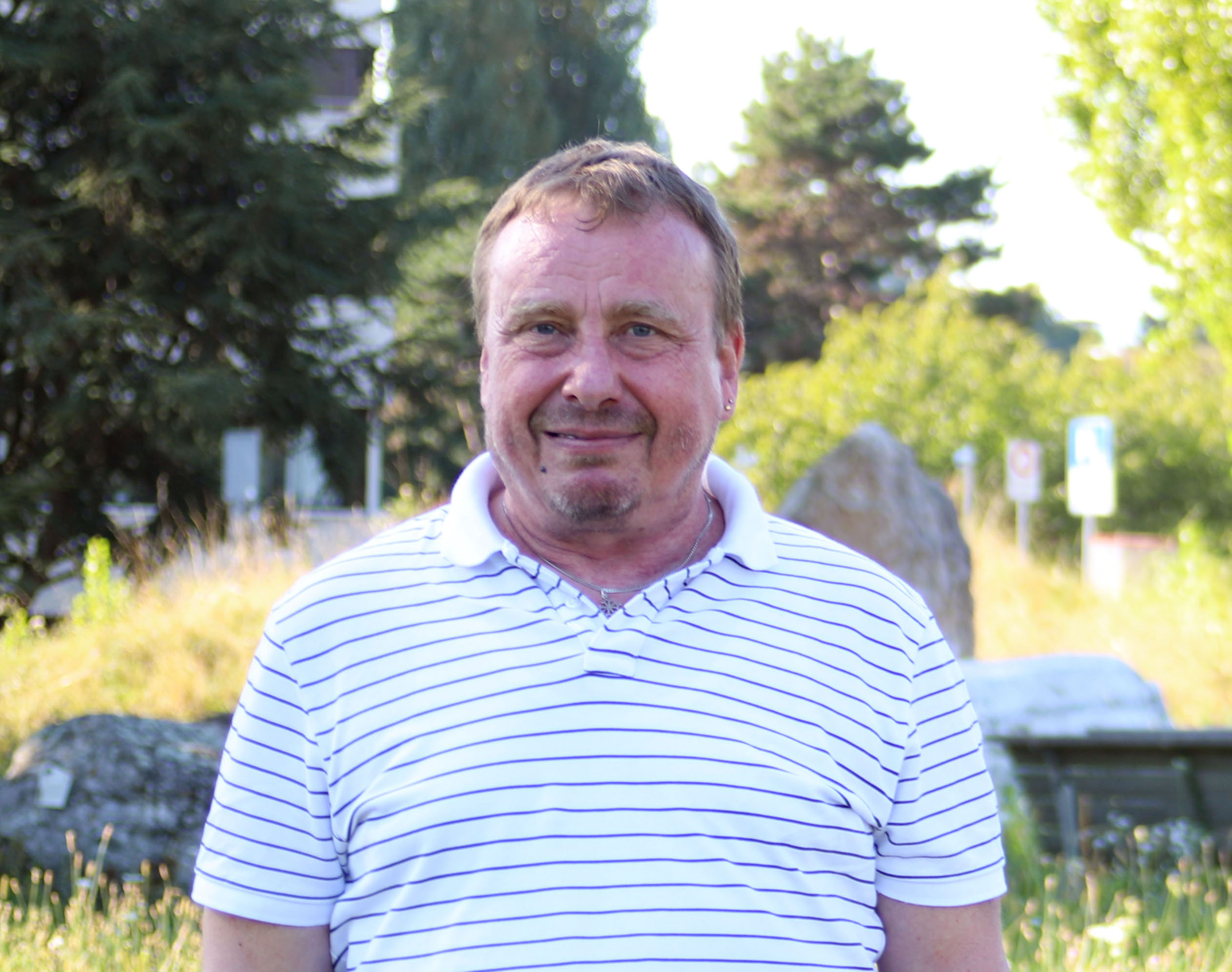
Today, Switzerland is one of the last four countries in Western Europe to deny homosexual couples the right to marry. Delessert’s research nonetheless demonstrates that modern society, in its acceptance of homosexuality, has not waited for laws to evolve.
SWI swissinfo.ch: Switzerland is often considered avant-guard because it decriminalised homosexuality in 1942; rightly so?
Thierry Delessert: At the time, homosexual acts between adults of both sexes were decriminalised. However, in reality, the police kept their eyes open. There were raids, homosexuals were monitored, and their personal details kept on file. Despite this partial decriminalisation, Switzerland was no different from other countries during the Cold War.
The country was extremely suspicious of homosexuals, who were perceived as a dubious network of people who hid, were ashamed, harmful to society and who could even carry out espionage operations for foreign powers. Homosexuals became the traitors of the army because homosexuality was banned in the armed forces. So, so-called progressive Switzerland, which drew up the penal code in 1942, emerged from the Second World War totally inward-looking.
SWI: What was the risk for gays and lesbians under the criminal code of 1942?
T.D: The criminal code set the age of sexual maturity at 20 for homosexuals, compared to 16 for heterosexuals. Same-sex relations involving someone under the age of 20 was therefore banned and punished, as was homosexual prostitution.
In addition, the police conducted sweeping investigations. Individuals were forced to name their sexual partners, who were then interrogated. Those who acted as adults were certainly not brought before the justice system, but their names were recorded in a register of homosexuals. Lesbians, however, were rarely caught up in these types of actions.
SWI: But because of that, didn’t they become invisible
T.D: Indeed, they were invisible, and ridiculed, especially by the police. They were considered inexistant. Lesbians suffered from double invisibility, both as women and as lesbians.
SWI: From when was homosexuality completely decriminalised in Switzerland?
T.D: With the nationwide vote in 1992, homosexuality was decriminalised in both the civil and military arenas. During the 1970s, a committee of experts, led by Bern University criminal law professor Hans Schultz, recognised that homosexuality was a natural orientation, against which one could not fight, and as natural as heterosexuality.
Theologians, psychiatrists, lawyers, as well as the people concerned were all in agreement. Therefore, it was agreed that it was absurd to set a different age of sexual maturity for homosexuals or to ban homosexual prostitution when it was authorised for heterosexuals. The decriminalisation followed in the footsteps of this logic.
SWI: Did religion evolve faster than the law?
T.D: Indeed, that is the biggest surprise of my research. The first requests for homosexual marriage were made to the churches during the 1960s and 1970s. Despite refusing these demands, the door was opened to discussions on the normality of homosexuality, to the idea of possibly blessing gay unions.
The 1972 synod of the Swiss Catholic church went very far in its thinking on the subject, although its decisions were later struck down by the Vatican. The churches revealed themselves to be more open than the politicians or the police, and very firm against the logic of prohibition. Moreover, it is still the case today, because while marriage for all is not yet allowed, some churches already bless homosexual couples.
SWI: During the 1990s, the prospect of homosexual unions still aroused sometimes violent reactions, as demonstrated in the archive material of the French-language public radio RTS. Is it true to say that mentalities have evolved rapidly since?
T.D: Mentalities have evolved extremely quickly, particularly in the large urban centres. Today, two mothers dropping their child off at creche does not pose a problem. Swiss public television also played an important role.
Following the adoption of registered partnerships in 2005, positive reports of same-sex parents and families were rapidly broadcast. In civil society, things have generally moved faster than at the legislative level.
SWI: What role have gay activist groups played in this evolution?
T.D: They have played a fundamental role. In 1972, they were already in contact with law professor Schulz, the president of the expert committee to argue for the total decriminalisation of homosexuality.
For the first time, they were heard and able to explain their social issues, their ideas in relation to the naturality of homosexuality. They went from being a hated group pushed into obscurity to being legitimate interlocutors recognised by the national authorities.
SWI: The Swiss are being called to vote on marriage for all in a referendum sought by the Federal Democratic Union. Your research shows that this party has a long history of mounting referendums against LGBTQI rights.
T.D: Indeed, it is systematic. The small, ultra-conservative group launched the referendum against decriminalising homosexuality in 1992. The party’s representatives argued that the youth would become uncontrollable, that it would encourage them to engage in sex orgies. The group also challenged registered partnerships. In Zurich, it even started an initiative aiming to ban ‘marriage for all’.
More
The referendum against the anti-homophobia law was launched in the name of free speech, otherwise called the right to insult. All this demonstrates that it is not really the wellbeing of the child that interests them, but the continued questioning of the normality of homosexuality. Don’t forget that the group is close to the evangelical churches, which offer conversion therapies.
Translated from French by Sophie Douez
Translated from French by Sophie Douez

In compliance with the JTI standards
More: SWI swissinfo.ch certified by the Journalism Trust Initiative










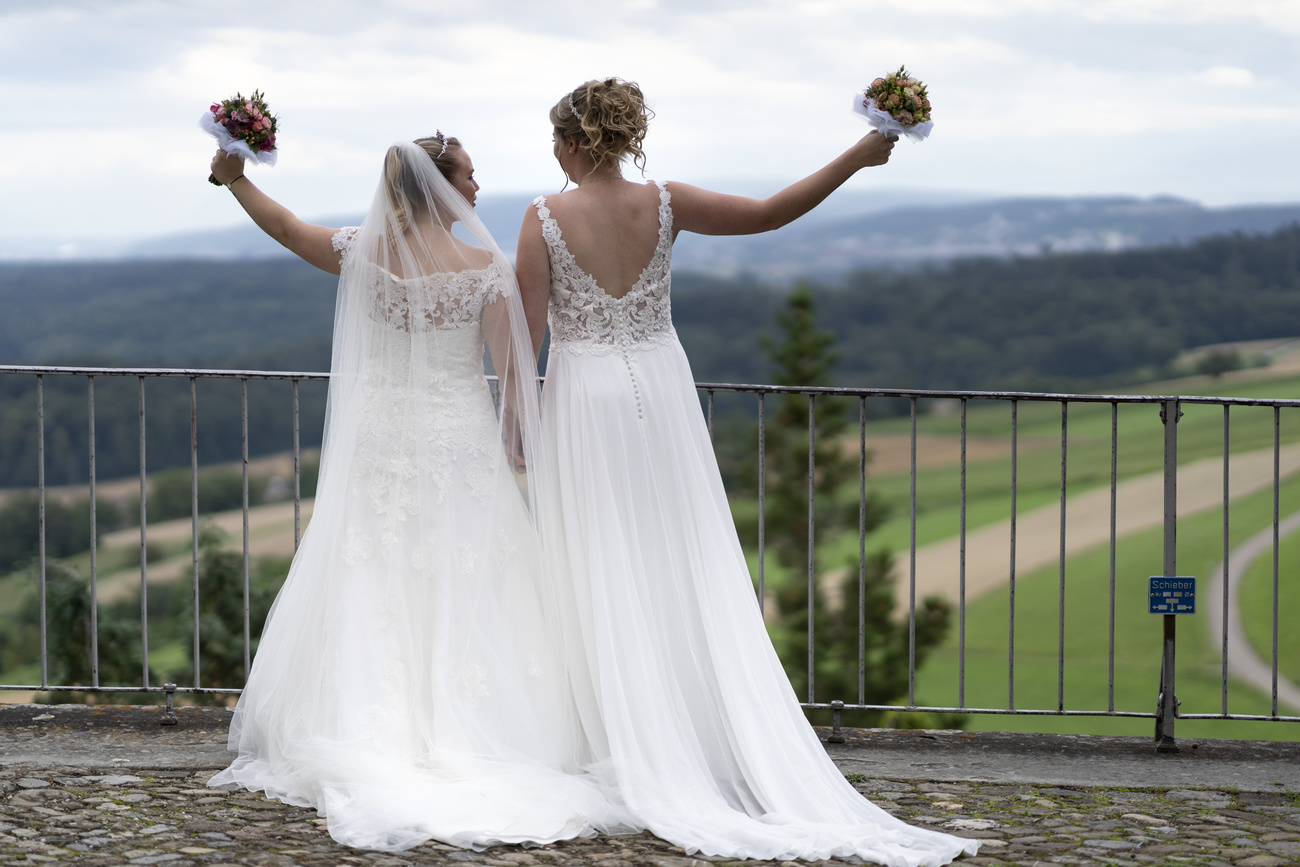
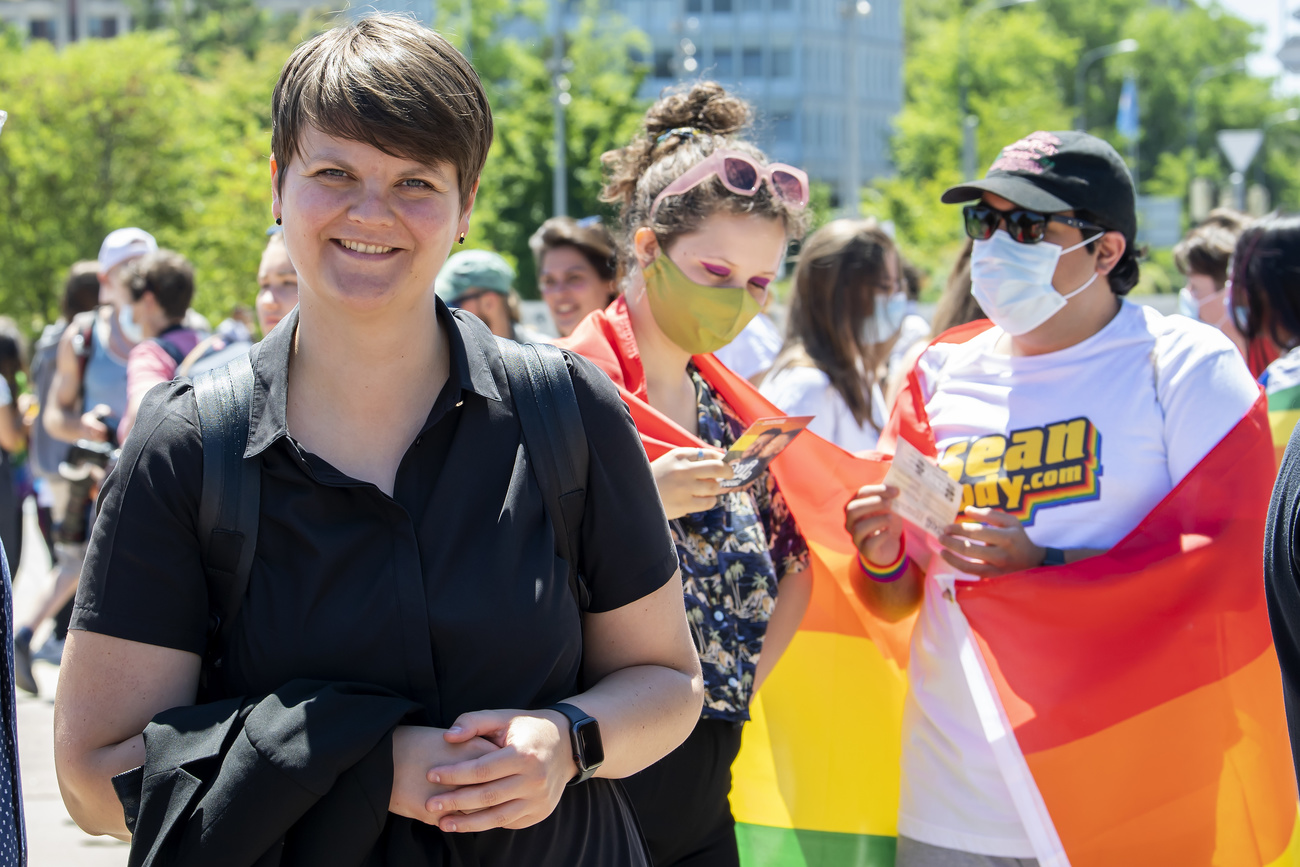
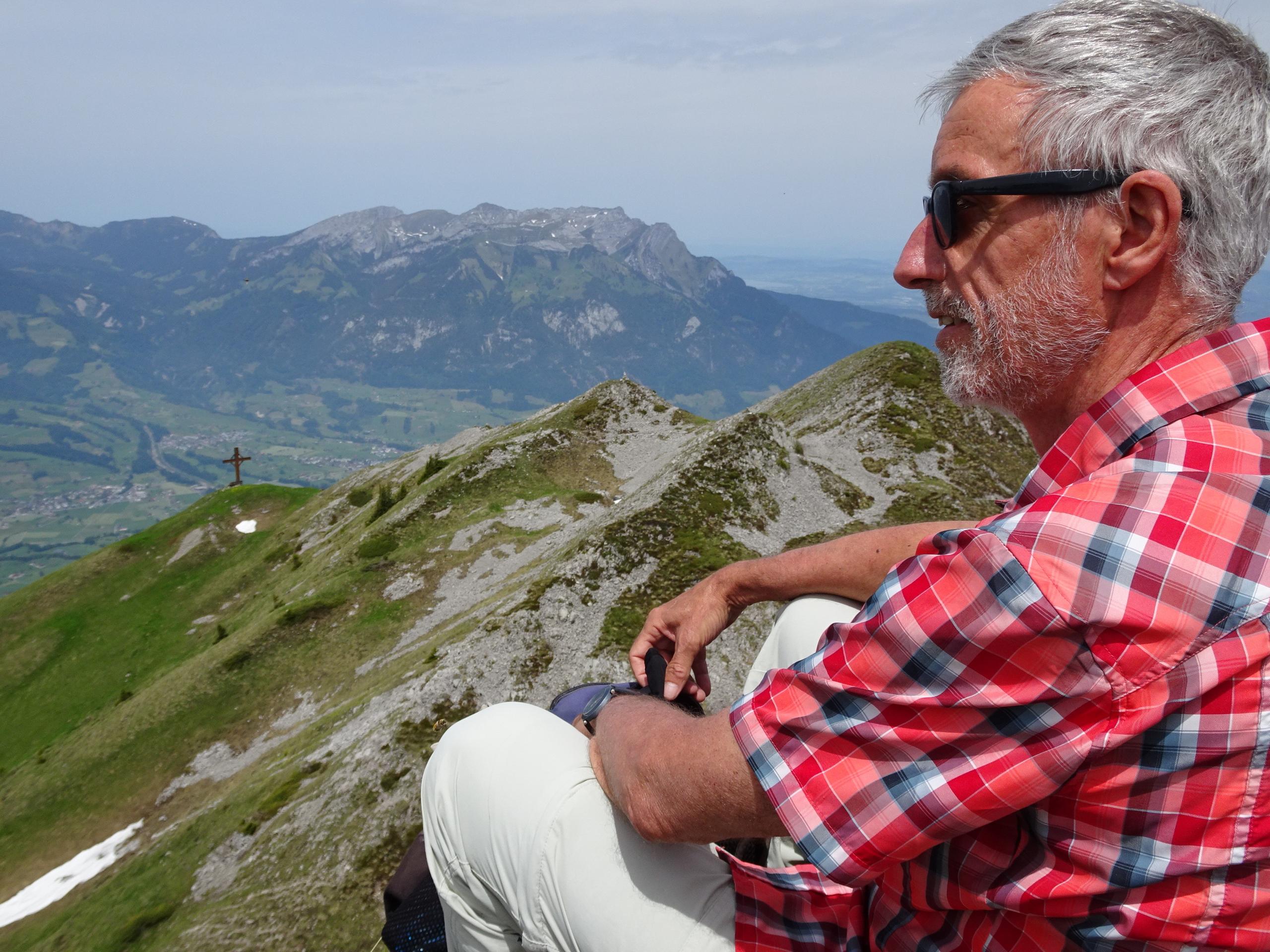
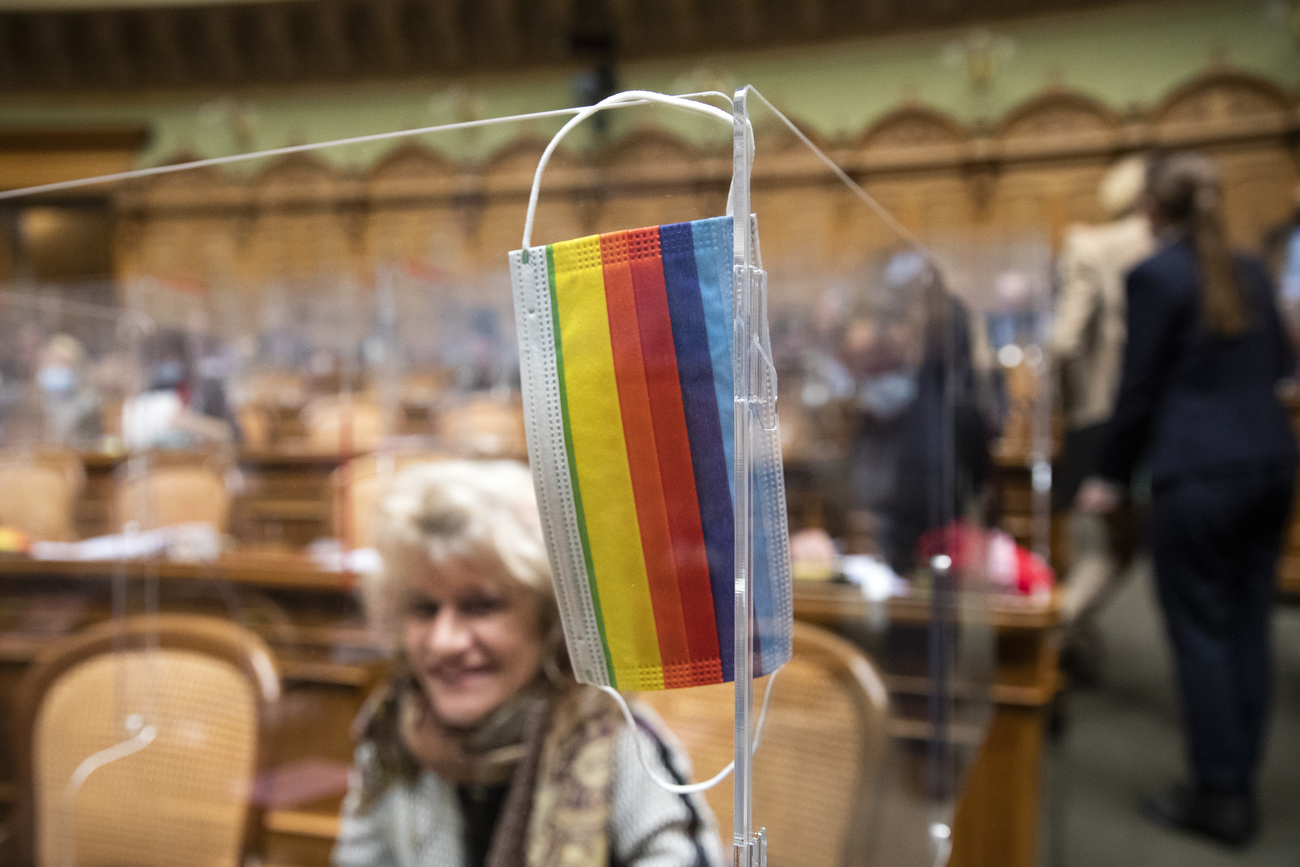
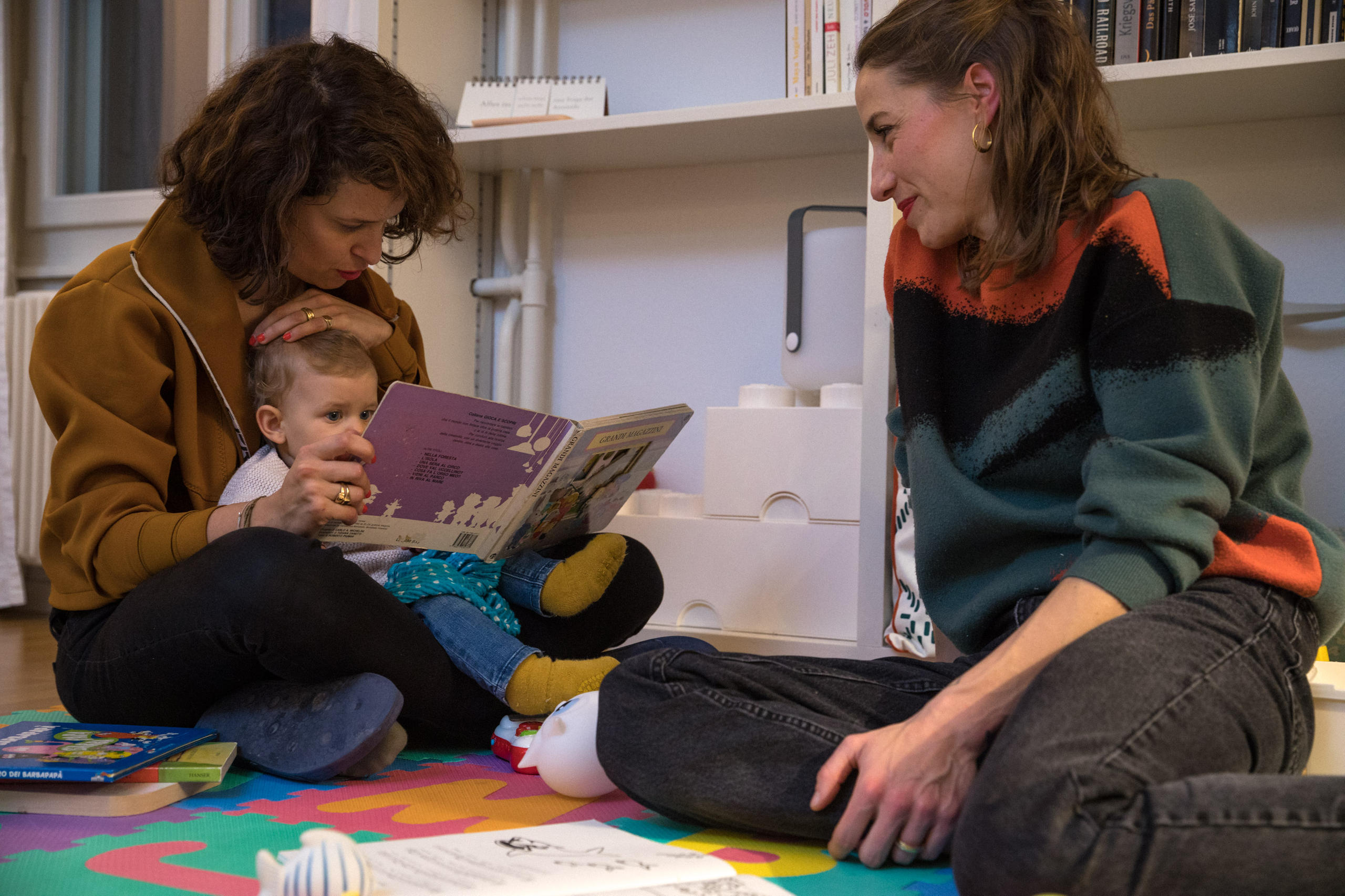
You can find an overview of ongoing debates with our journalists here . Please join us!
If you want to start a conversation about a topic raised in this article or want to report factual errors, email us at english@swissinfo.ch.